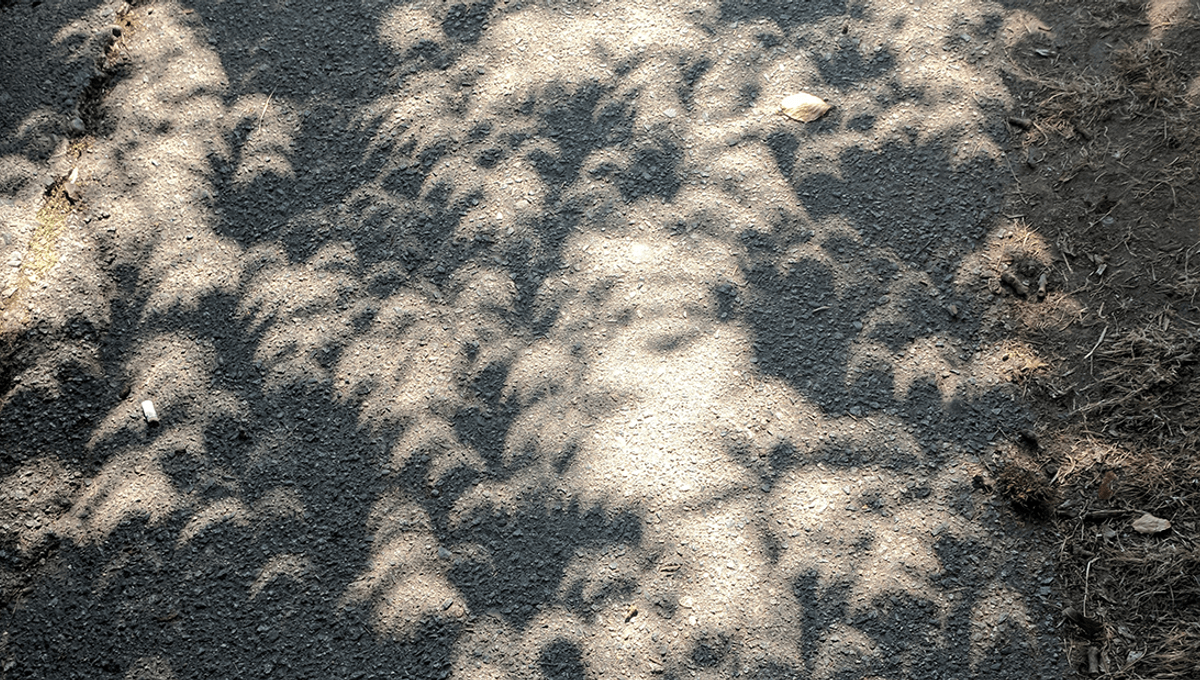
A new study has found that certain types of clouds disappear during solar eclipses, and offered an explanation. The finding could have implications for attempts to engineer the climate.
During solar eclipses, people have noticed that common cumulus clouds over land tend to dissipate almost instantly.
“From Earth, you can count the clouds and watch them disappear, but that only provides anecdotal evidence,” lead author on the new paper, Victor Trees, explained in a press release. “Even without a solar eclipse, clouds are constantly changing.”
However, measuring this effect scientifically has not been easy. Cloud measurements by satellites during previous solar eclipses did not take into account the partial lunar shadow making clouds less reflective, resulting in large dark patches on cloud maps. In the new study, a team including scientists from Delft University of Technology and the Royal Netherlands Meteorological Institute used a new method to analyze data from previous eclipses which incorporated accurate calculations of how much of the Sun was obscured by the Moon across the Earth.
“By far most of the solar eclipse consists of a partial eclipse, where there is still plenty of light outside,” Trees added. “In this partial eclipse satellites receive enough reflected sunlight, after correcting for the obscuration, to reliably measure clouds.”
The team applied this new method to three previous eclipses, and found that cumulus clouds begin to vanish when only a small part of the Sun is eclipsed by the Moon.
“Our corrected data reveal that, over cooling land surfaces, shallow cumulus clouds start to disappear at very small solar obscurations (~15%),” the team explains in their paper. “Our simulations explain that the cloud response was delayed and was initiated at even smaller solar obscurations.”
Over the ocean, cumulus clouds do not disappear during partial solar eclipses as the surface is not cooled as much as the land.
“The disappearing clouds during a solar eclipse can be explained by the drop in sensible (thermal) and latent (moisture) heat fluxes from the surface to the lowest atmosphere layer, as a result of the dropping [land surface temperature],” the team adds in the paper.
As well as confirming the weird disappearance of cumulus (but not other) clouds during eclipses, the team believes their findings could have implications for any future attempts to engineer the climate.
“This could be a warning for climate engineering. If we eclipse the sun in the future with technological solutions, it may affect the clouds,” Trees added. “Fewer clouds could partly oppose the intended effect of climate engineering, because clouds reflect sunlight and thus actually help to cool down the Earth.”
The study is published in Nature Communications Earth & Environment.
Source Link: Eclipse Cloud Study Has Worrying Implications For Attempts At Climate Engineering